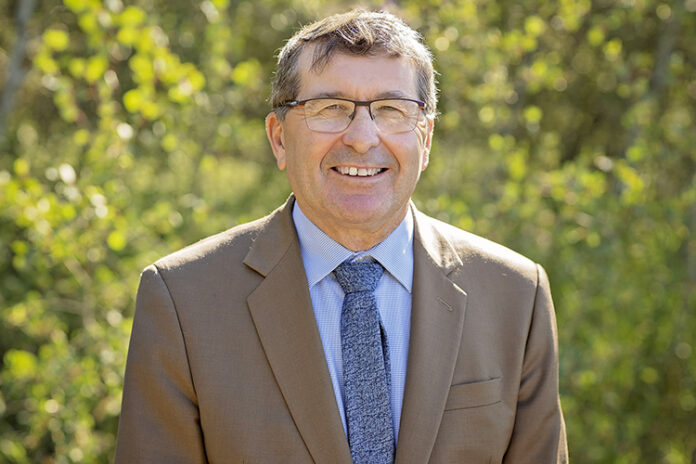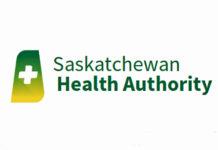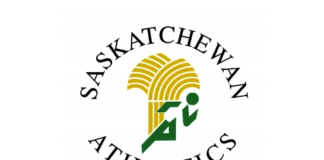Saskatchewan Association of Rural Municipalities
Recent, and multiple, fuel increases have left Saskatchewan farmers with a discouraging outlook on this year’s growing season.
“This year, one tractor and air drill, which are used for seeding crops, would have cost that farmer an additional $1,500 a day to operate. The integrity of a farmers’ operation relies on running large equipment, which includes ranchers who will be bailing next month. Fuel prices need to be manageable, or we’ll soon be eliminating the small farmers as well as young farmers starting their operations because no one can account for rapid fuel inflation,” explains Ray Orb, President of Saskatchewan Association of Rural Municipalities (SARM).
This is on top of the federal carbon tax. How can producers here afford to compete globally?
Farmers and ranchers in parts of Saskatchewan once again carry the burden of another dry spring, and potential for another devastating year of drought. The financial stress of last season’s dry dugouts, poor grazing land, feed shortage, and grasshopper destruction has led to an undeniable pessimistic outlook on the future of farming and ranching. How can they be expected to add the financial burden of soaring fuel prices?
We hear the frustration from rural members, seeding is ending, and soon you’ll see RM roadways busy with sprayers. The price to keep these vital pieces of equipment on the road has jumped nearly one hundred percent. “If you’re a small family farm operation, you’re looking at an additional $1,000 a day to fuel equipment this year, if you’re a larger operation upwards of an additional $5,000 a day; those are astronomical financial increases,” said Orb.
This week’s price increase has left Saskatchewan farmers in disbelief; harvest begins in southern Saskatchewan in early August and many wonder how they will profit if poor crops are taken off, along with the extreme expense of diesel required to operate the added equipment needed during harvest. SARM has been, and will continue, advocating for farm exemptions from the federal carbon tax, as well as a meaningful carbon offset program for producers to help shelter them from some of the added burden.
SARM continues to stand united with Saskatchewan farmers and ranchers, we commit to finding a solution for immediate relief in rising fuel prices from both the provincial, and federal, governments.






